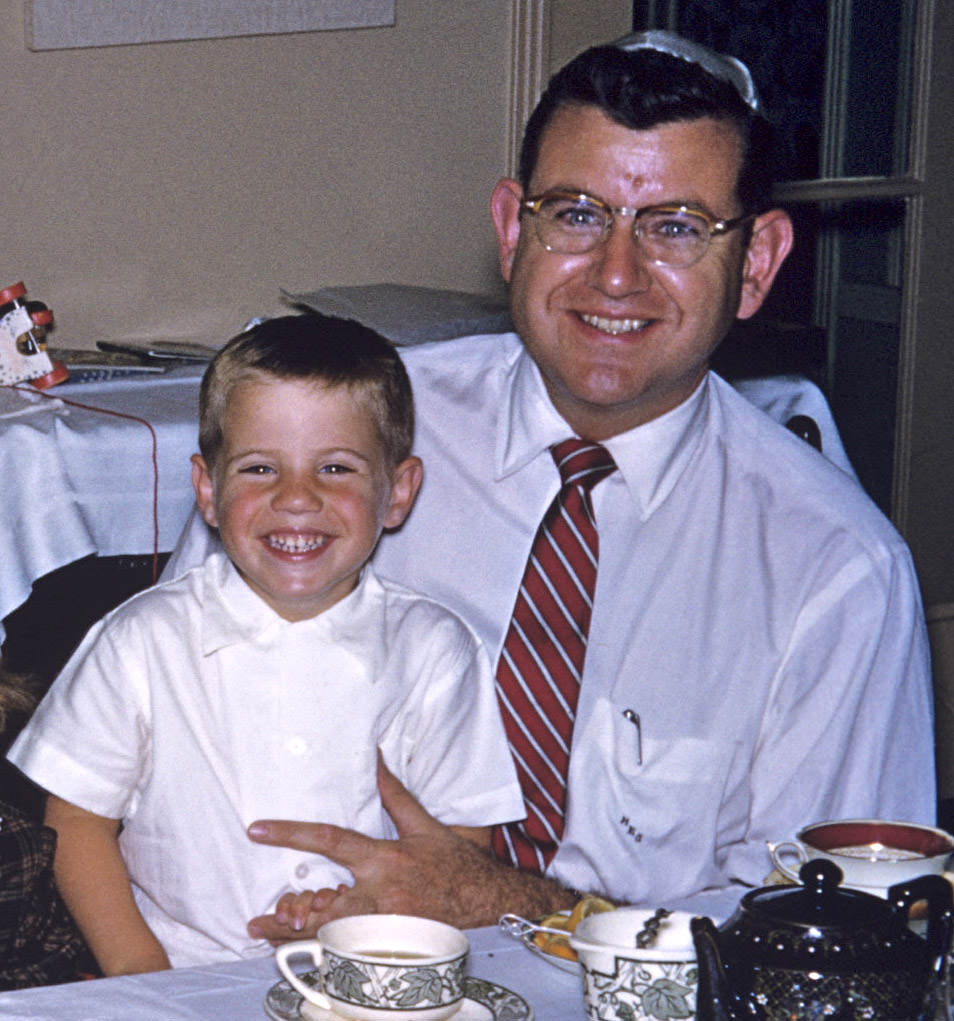BUT IF YOU TRY…
 The Rolling Stones are famous for having coined the phrase, “You can’t always get what you want… but if you try sometimes, you just might find…you get what you need.”
The Rolling Stones are famous for having coined the phrase, “You can’t always get what you want… but if you try sometimes, you just might find…you get what you need.”
When it comes to parenting, this is an important lesson. But can we make it consistent with our desire for our children to understand that they deserve the best life possible? Can we learn to say NO within the context of a larger YES?
We all know parents who give their children everything they want. They’re saying, “Life is tough enough. If I can give to my child, why shouldn’t I?”
Here’s why: Someone’s got to teach them that things don’t always go their way. Someone’s got to prepare them for the real world where peanut butter and jelly sandwiches don’t get served in their carpool.
Someone’s got to teach them that the bike they have is perfectly fine, or that a functional lunch box works as well as a new lunch box.
How can we explain the fact that other kids get everything they want? JoAnn and I used to tell our kids that “That’s what other families do. This is how we do things in our family.” That principle can lead to some wonderful “teachable moments.” We, as parents, can explain why keeping up with fads is not that important to us. Buying “whatever” is expensive, for one thing. If we can save some money by avoiding that tendency, we can use it for other things. We might (for example) choose to give the money to the school, or to a charity, or just save it for something we really will use and enjoy.
 In this way, we have the opportunity to teach our children about their own family’s values. This unites us as individuals in a family with shared beliefs and clear, understandable goals. In a sense, it’s showing them that there’s a method to our madness: that we really are looking out for their best interests. If we can explain why we aren’t willing to buy them whatever comes along, our children will hear something beyond the simple “no.” When we clarify the logic of our decision-making, we show our children that they’re important enough to be given an explanation. Kids want and deserve to be aware of the decision-making process. That’s why including them can create such teachable moments.
In this way, we have the opportunity to teach our children about their own family’s values. This unites us as individuals in a family with shared beliefs and clear, understandable goals. In a sense, it’s showing them that there’s a method to our madness: that we really are looking out for their best interests. If we can explain why we aren’t willing to buy them whatever comes along, our children will hear something beyond the simple “no.” When we clarify the logic of our decision-making, we show our children that they’re important enough to be given an explanation. Kids want and deserve to be aware of the decision-making process. That’s why including them can create such teachable moments.
 In my book, I ask readers to look back on the way they were parented and to choose to do the things their own parents did right. My father could have an explosive temper. But he always came back to me after an angry event and explained why he had gotten upset. It wasn’t necessarily an apology, but it was the lesson he meant to teach in the first place. I felt loved after those conversations.
In my book, I ask readers to look back on the way they were parented and to choose to do the things their own parents did right. My father could have an explosive temper. But he always came back to me after an angry event and explained why he had gotten upset. It wasn’t necessarily an apology, but it was the lesson he meant to teach in the first place. I felt loved after those conversations.
I didn’t always get what I wanted. But when my father explained why, that’s when I got what I needed.

Leave a Reply
Want to join the discussion?Feel free to contribute!